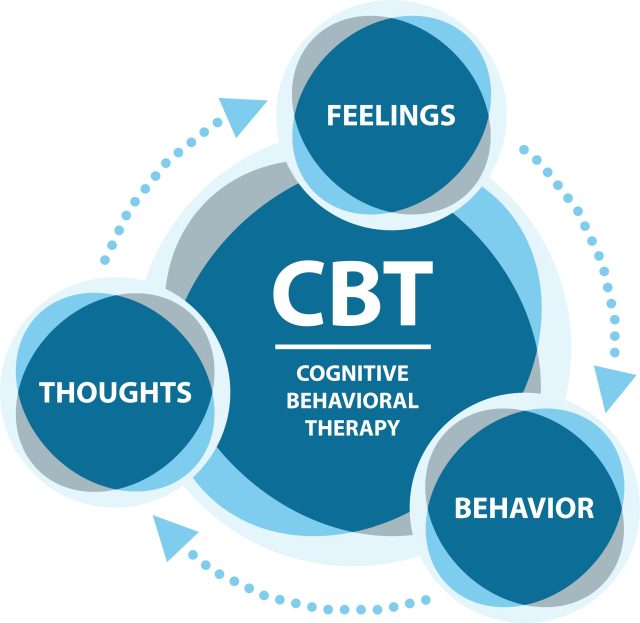Course Summary
Cognitive Behavioral Therapy is an effective form of psychosocial therapy that works well in real-world settings for a host of problems and presentations. It may be effective for patients with depression, social phobias, panic disorders, generalized anxiety disorder, or who suffer from posttraumatic stress disorder. The patient may have negative or maladaptive core beliefs that lead to distress and dysfunction and that may be modified through Cognitive Behavioral Therapy. They may also have positive and adaptive beliefs that a therapist will work to encourage. Cognitive Behavioral Therapy involves viewing a client’s presentations through components that are cognitive, behavioral, and affective.
Course Format
Homestudy
Learning Objectives
- Objective 1
Course Syllabus
- Introduction
- The Generic Cognitive Model of CBT
- Levels of Cognition
- Core Beliefs
- Compensatory Strategies
- Rules and Assumptions
- Cognitive Filters
- Connecting the CBT Case Conceptualization and the Treatment Plan
- Creating A CBT Case Conceptualization
- Drawing out the Cycle
- Drawing out the Cycle Form
- Self-Monitoring
- Demonstrating the CBT Model with Self-Monitoring
- Increasing Self-Awareness of Thoughts
- Increasing Self-Awareness of Emotions
- Increasing Self-Awareness of Behaviors
- Example with a Behavior: Behavioral Activation
- Session Structure
- Core Interventions
- Socratic Questioning
- Thought records
- Behavioral Experiments
- Hypothesis A/Hypothesis B
- Problem Solving
- Behavior Modification
- Exposure
- Acceptance-Based Approaches
- Cultural Considerations
- CBT for specific presentations
- Depression
- Generalized Anxiety Disorder
- Social Phobia
- Panic Disorder
- PTSD
- Summary
Authors
Scott H. Waltman, PsyD, ABPP
Scott H. Waltman, PsyD, ABPP, is a clinician, international trainer, and practice-based researcher. He specializes in case-conceptualization driven approaches to therapy; this means drawing from the evidence-base and creating individualized treatment plans that are holistic and potent. His interests include evidence-based psychotherapy practice, training, and implementation in systems that provide care to underserved populations. He is certified as a qualified Cognitive Therapist and Trainer/Consultant by the Academy of Cognitive & Behavioral Therapies. He also is board certified in Behavioral and Cognitive Psychology from the American Board of Professional Psychology. He is the editor of Advances in Cognitive Therapy and is on the board of the International Association of Cognitive Psychotherapy.
William Cook, PhD
William Cook, Ph.D. is a licensed psychologist who worked for 15 years in private practice in Montana before leaving his practice to work full time as the Director of CE4Less. He earned his doctorate degree from Texas A&M University, and focused much of his psychology practice in the area of child and family counseling, as well as psychological testing. Dr. Cook likes new challenges, foreign traveling to Africa and areas of Europe and the near East, scuba diving, running, music, and spending time with his family.


